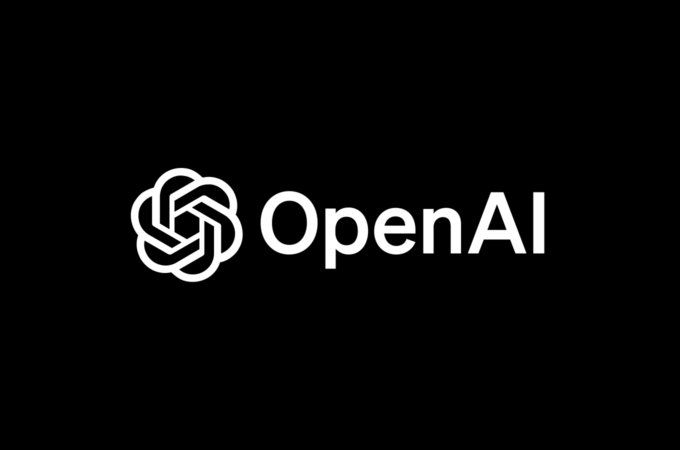
Meta AI Launches in New Markets, Aims for Global AI Assistant Leadership
Meta Platforms is significantly expanding the reach of its artificial intelligence chatbot, Meta AI, in a strategic move to compete with other AI assistants like OpenAI’s ChatGPT. The company announced today that Meta AI will be available in 21 new markets, starting with six countries including Brazil and the United Kingdom.
The initial rollout, beginning October 9, 2024, will see Meta AI launch in Brazil, Bolivia, Guatemala, Paraguay, the Philippines, and the UK. Following this, the AI assistant is set to debut in 15 additional countries across the Middle East, North Africa, and Southeast Asia in the coming weeks.
This expansion is accompanied by increased language support. Meta AI will now support Tagalog, with plans to add Arabic, Indonesian, Thai, and Vietnamese in the near future. After the complete rollout, Meta AI is expected to be available in 43 countries and support over a dozen languages.
Mark Zuckerberg, Meta’s CEO, shared the news on his WhatsApp channel, emphasizing the company’s goal to make Meta AI the most widely used AI assistant globally by the end of 2024. The company reports that Meta AI currently boasts nearly 500 million monthly active users, with India being its largest market due to WhatsApp’s extensive user base in the country.
Meta AI is accessible through various platforms, including Facebook, Instagram, WhatsApp, Messenger, and the dedicated meta.ai website. The company is also extending the AI’s reach to its hardware offerings, announcing that Meta AI will be available on Ray-Ban Meta smart glasses in the UK and Australia. However, the UK launch will initially only include voice support.
The expansion of Meta AI aligns with the broader trend in the tech industry of companies striving to attract consumers to their AI chatbots through new features and increased accessibility. Meta has recently added capabilities such as celebrity voices, lip-synced translations, and a generative AI-powered “Imagine” feature for photo creation across its social media platforms.
Notably absent from this expansion is the European Union. Meta had previously stated that it would not introduce multimodal AI services in the EU due to regulatory concerns, with Zuckerberg publicly critiquing the bloc’s approach to AI regulation.
As AI assistants become increasingly integral to user experiences across various platforms, Meta’s aggressive expansion of Meta AI underscores the company’s commitment to establishing a strong foothold in the global AI assistant market. The success of this rollout could have significant implications for Meta’s position in the competitive landscape of AI-driven technologies and services.




